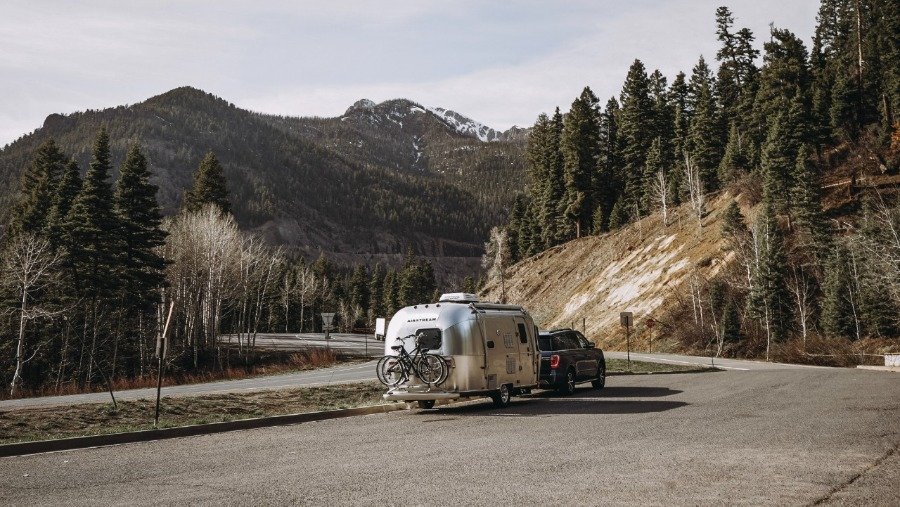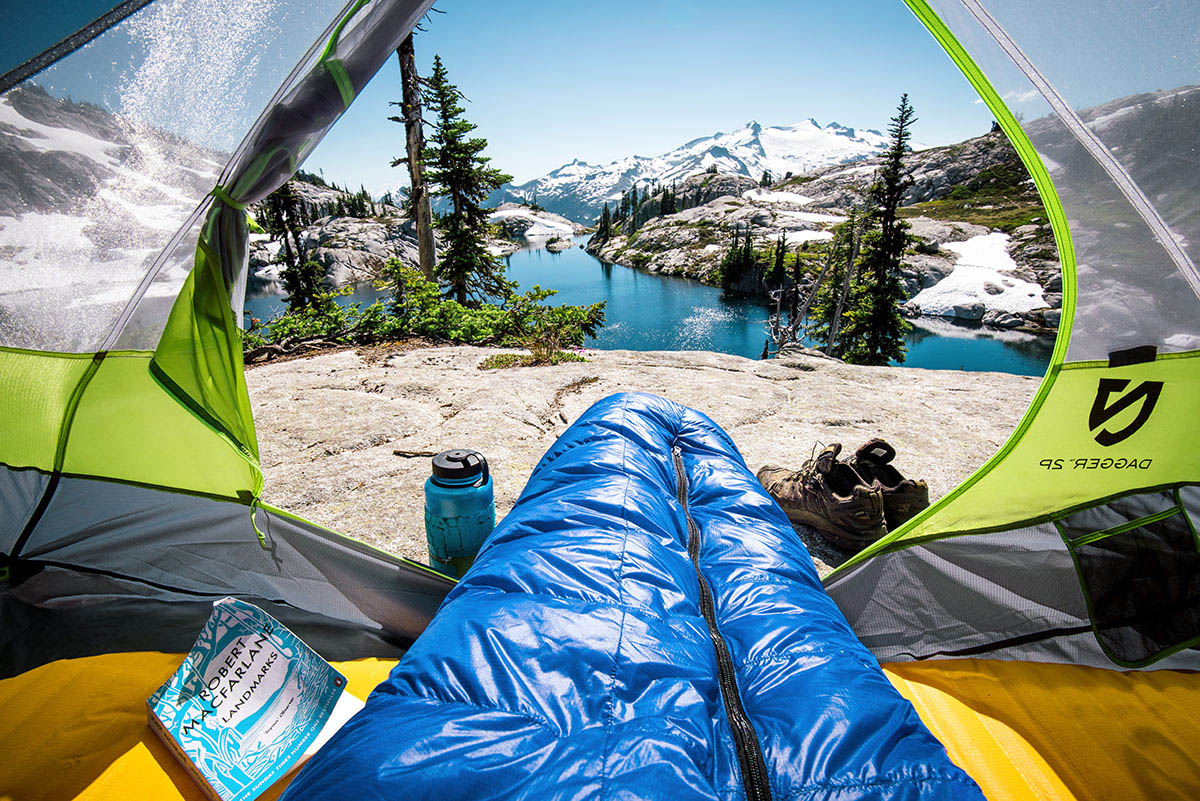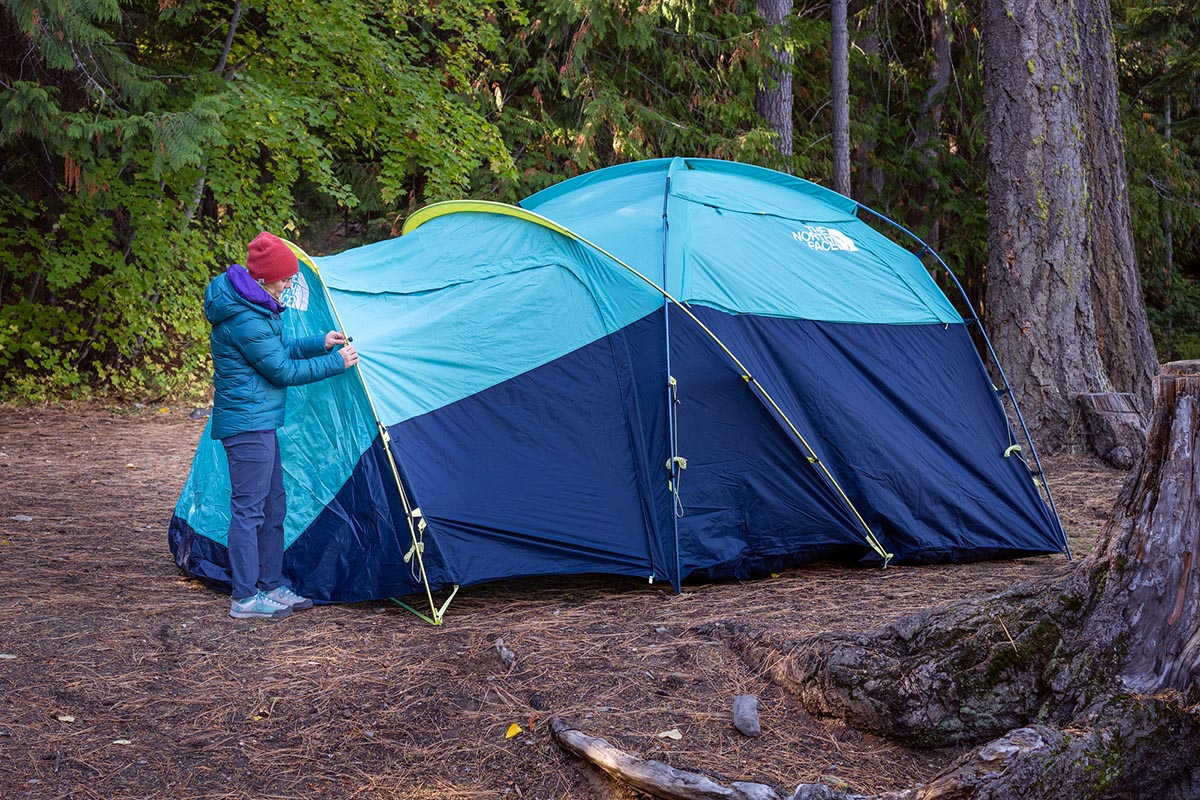COVID Hurt the Outdoor Economy, But Some Categories Remained Immune
On Tuesday, the Bureau of Economic Analysis released its data for the 2020 outdoor recreation economy. Most sectors bore the brunt of the pandemic. On the other hand, boating, cycling, and RV’ing thrived.
The 2020 U.S. outdoor recreation economy may not have been as lucrative overall as it was in previous years. But that didn’t stop people from going outside, especially on boats, bikes, and RVs.
On Tuesday, Nov. 9, a Bureau of Economic Analysis (BEA) report showed a 19% drop in the outdoor recreation economy between 2019 and 2020. In terms of dollars, the sector was worth $459.8 billion in GDP in 2019; in 2020, that number dropped to $373.4 billion.
Notably, the BEA’s “outdoor recreation” includes products like camping gear and off-road vehicles, as well as supporting infrastructure like lodging, restaurants, etc. Concerts and festivals, which took a massive hit, also fall under this category.
Nevertheless, the pandemic hit the outdoor recreation economy harder than the economy at large. The BEA measured a 3.4% overall economic downturn during the same period.

Associated employment also took a big hit, as 17.1% fewer outdoor recreation jobs were available nationwide. Job availability decreased steeply in every state.

Boating, Bike, and RV Economy Grows
However, COVID-19 generated a positive impact on boating, cycling, and RV’ing.
The boating and fishing economy jumped from $23.6 billion in 2019 to $30.8 billion in 2020. Bass Pro, for instance, reported its retail sales increased from $6.55 billion to $7.32 billion.
As well, REI reported a surge in its water sports segments. According to Senior Public Affairs Program Manager Courtney Gearhart, kayak and stand-up paddleboard sales are growing at triple-digit rates.

The BEA found that bike sales for “leisure” jumped a massive 121% between March 2019 and March 2020. And according to the NPD group, bike sales have only kept growing since then. A 12-month period starting in April 2020 saw the category grow another 57%.
Gearhart told GearJunkie that REI’s numbers reflected the uptick. The retailer “has continued to see high customer demand for bikes (kids and adults) and e-bikes (mobility, leisure, road, and mountain) through 2021,” she said.

Gearhart also pointed to a broader trend observed by the company, in which consumers appear to be responding to supply chain chaos by buying whenever and wherever they can.
“We have worked closely with our cycle vendors to mitigate extremely complex supply chain disruptions; inventory flow has been well below demand both for the industry and REI and this disruption will remain at least through mid-2022,” Gearhart said.
BEA also expects RV shipments to continue to grow, forecasting a 34% increase from 2020 to 2021 — a 14% higher rate than the previous record. RV prices have also gone through the roof, with increases up to 40% in some categories.
Mandated quarantines and closed businesses made people want to get outside. If only loosely quantifiable, that effect is seen to pertain to each category’s growth. Rising housing costs and closed hotels could be helping fuel RVing’s growing popularity.

Outdoor Recreation Economy Depressed Nationwide; Winter Sports Outlook
The overall hit to the industry affected the entire country — only three states (Oklahoma, Ohio, and Arkansas) saw their outdoor economies hold steady from 2019 to 2020, and only Alabama saw an uptick. Predictably, states that rely heavily on travel were hit the hardest. In 2019, Hawaii’s outdoor economy generated nearly 6% of its GDP. In 2020, that number shrank to 3.8%.
Looking ahead, there’s no reason to expect this winter sports season to be a slow one, on- or off-piste. While 2020 hit many resorts hard (many closed for months due to COVID and reopened with limited capacity), Colorado’s typical early-season resorts are open.
In California, Mammoth and Palisades Tahoe both opened early. Most are operating at full capacity. And at REI, cross-country ski and snowshoe sales have hit an astronomical seven times their 2019 numbers.
COVID may have taken its toll on the outdoor industry. But navigating the upcoming season is beginning to look, if not normal, at least slightly more predictable.







